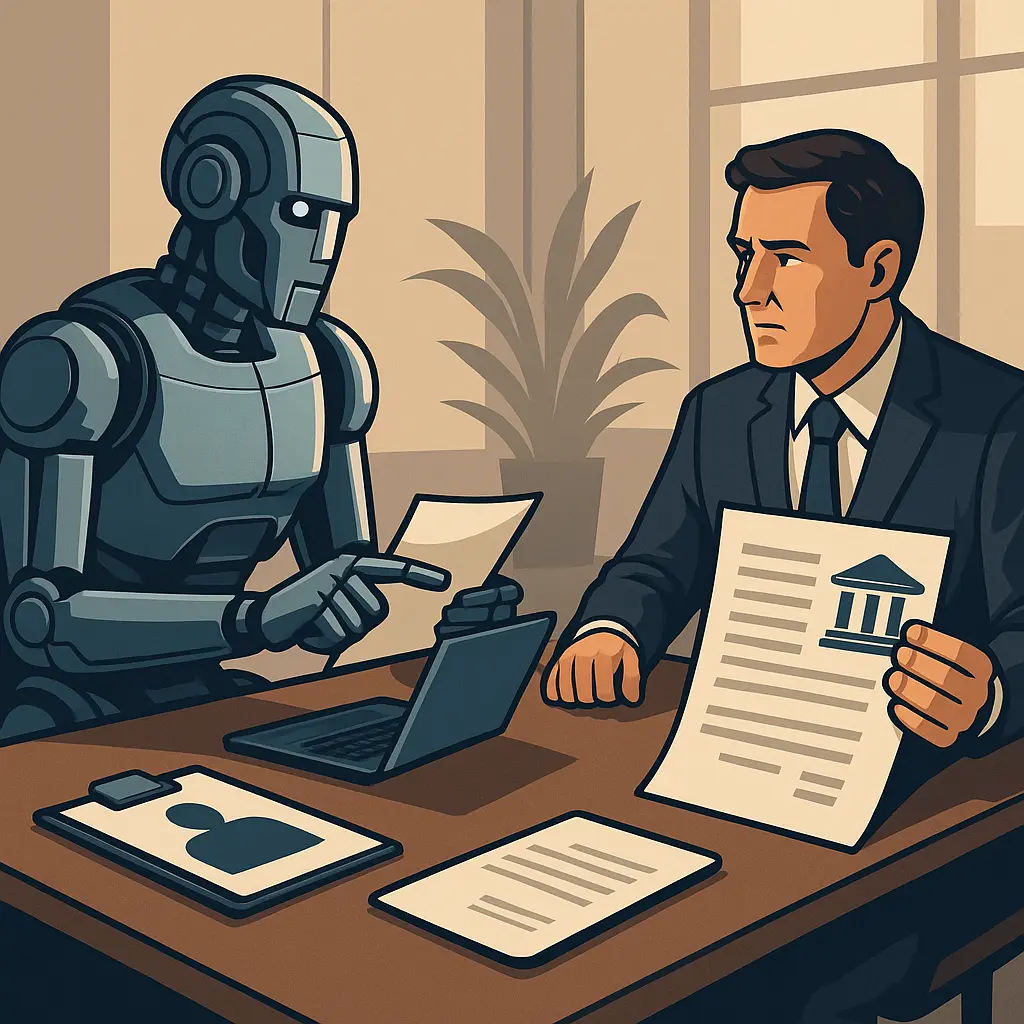Gartner’s latest report outlines how AI will dominate the next decade, not just as a technology, but as a force reshaping human behaviour, global markets, and governance systems.

Gartner’s Top Predictions for IT Organizations and Users in 2026 and Beyond paints a provocative picture of how artificial intelligence will reshape talent, sovereignty, and technology ethics in the next few years. The report urges CIOs and business leaders to focus not only on technological adaptation but also on the behavioral shifts that will define the AI era.
According to Gartner, the arrival of agentic and generative AI (GenAI) will spark the biggest productivity shake-up in 30 years, creating a $58 billion market transformation as legacy tools lose relevance. By 2027, 75% of hiring processes will test candidates for AI proficiency, making AI literacy a basic workplace skill. Yet paradoxically, as dependence on AI grows, 50% of global organizations will require “AI-free” assessments to measure human judgment and creativity, protecting what Gartner calls the “human edge.”
Talent in the AI Age: Skills, Jobs, and the Human Edge
- AI skills become the new literacy: By 2027, 75% of hiring processes will include AI proficiency testing. Knowing how to use AI tools will be as essential as basic computer skills today.
- Protecting critical thinking: As reliance on AI grows, half of global organizations will introduce “AI-free” assessments to test human reasoning, creativity, and problem-solving. Gartner warns that overdependence on GenAI could erode critical thinking across industries.
- New labor economics: Companies that balance AI integration with human cognitive strength will attract top talent — especially in sectors like healthcare, law, and finance where judgment and ethics remain irreplaceable.
Sovereignty: The Fragmented AI World
- Rise of region-specific AI platforms: By 2027, 35% of countries will operate sovereign AI systems aligned with local laws, cultures, and data policies.
- Global companies face complexity: Multinationals will struggle to maintain uniform AI models across regions, navigating fragmented compliance landscapes and partnering with multiple cloud and data providers.
- Data becomes power: AI sovereignty will define geopolitical influence, with nations racing to control contextual, linguistic, and regulatory ecosystems.
Insidious AI: Risks, Agents, and Economic Automation
- AI agents dominate business: By 2028, multiagent AI will run 80% of customer-facing operations, handling service, sales, and support while humans oversee complex emotional tasks.
- Machine customers emerge: AI-driven agents will mediate 90% of B2B buying, pushing $15 trillion through AI-driven exchanges. Businesses will rely on verifiable, trusted operational data as a new form of digital currency.
- Ethical and legal reckoning: Gartner predicts over 1,000 “death by AI” lawsuits by 2026 due to safety failures, prompting stricter global AI guardrails.
- Programmable money & economic autonomy: By 2030, 22% of financial transactions will be programmable, enabling AI agents to negotiate, trade, and transact autonomously.
Governance Becomes the Great Equalizer
- With 50% of the world’s economies expected to enforce AI regulation by 2027, compliance investments will exceed $5 billion.
- Organizations that excel in AI governance, ethics, and literacy will gain a sustainable competitive advantage as success will depend not on replacing humans, but on reengineering trust, transparency, and collaboration between humans and machines.